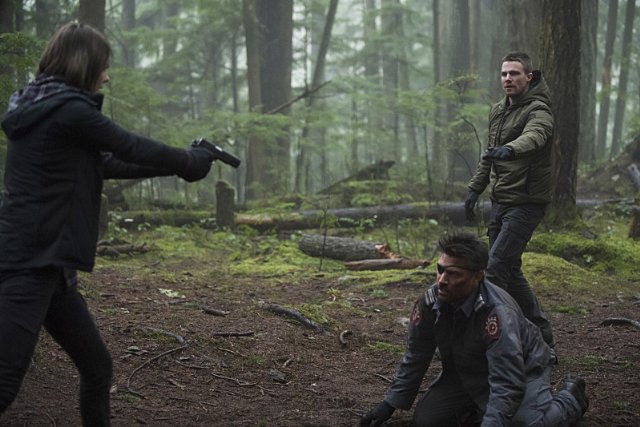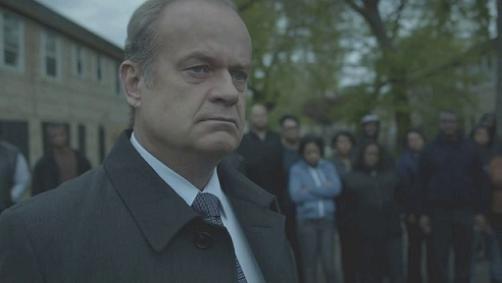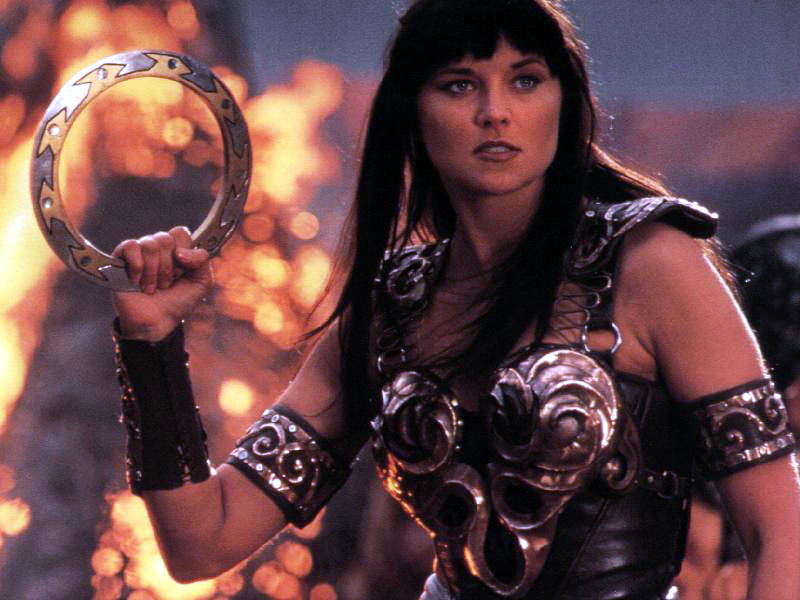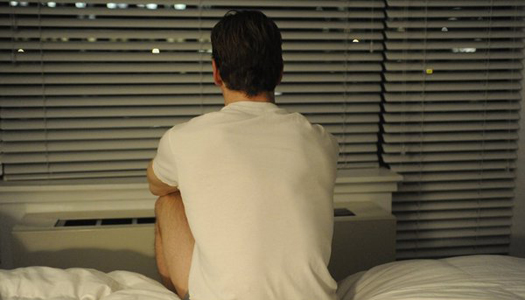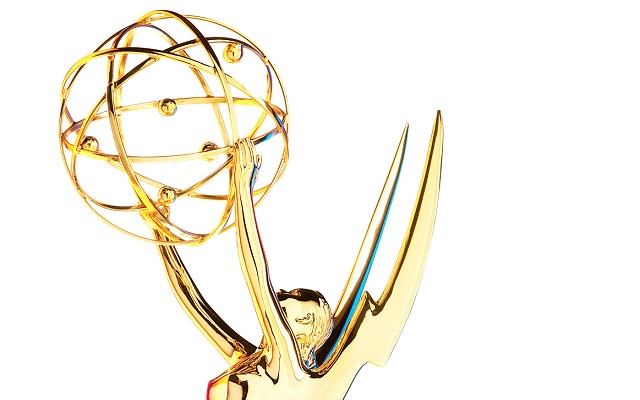Arrow Season 3, Episode 14 “The Return”
Written by Marc Guggenheim & Erik Oleson
Directed by Dermott Downs
Airs Wednesdays at 9pm ET on The CW
Remember season one of Arrow? The early episodes, the ones that featured a lot of Thea and Quentin being endlessly cranking and inebriated? Where Tommy Merlyn’s whiny attitude infected every corner of the show? Well, “The Returned” is here to remind those who forgot, an hour that wallows in the pitiful world of early Arrow episodes, only coming to life in the time it spends in the present – and even there, the return of Deathstroke isn’t quite as entertaining or resonant as one would hope it to be.
There’s really just too much on the table in “The Return”, whipping back and forth between the past and the present, too married to its flashback scenes and trying to marry them to Oliver’s present journey, using season two’s big bad as the bridge between stories. I appreciate the ambition, but none of it really ever comes together: mostly because of Tommy’s presence, which just feels inauthentic. Since when was Tommy so outwardly noble and caring? To play up audience sympathy for the dead character, “The Return” transforms Tommy into some kind of hero that he never actually was, which makes a scene like drunk Quentin throwing shade his way stick out like a sore thumb (Q’s behavior fits season one Tommy behavior; but this is not season one Tommy helping out Thea and confidentially flirting with Laurel). It plays way too heavy with “ooh, look at this cameo!”, and ends up drudging up bad memories of season one, memories only furthered with Thea’s behavior and Quentin’s drinking problem.
When “The Return” moves away from it, it remains a messy episode, yet one that is slightly more entertaining, the first extended time we’ve seen with Thea and Oliver in what feels like a long time. The premise of the story doesn’t quite work for me – Merlyn frees Deathstroke, thinking they would kill him? Did he forget the part where Arrow barely defeated him, and Thea knows nothing? – but as a framing device to force Thea and Oliver to reconcile parts of their relationship broken since Oliver’s return to Starling City, it serves its purpose well, putting to bed one of the show’s longest-running frustrations, and clearing the path for the final steps in Thea’s emotional maturity (aka it’s time for her to get a suit, right?).
Does it work as well for Oliver, the focal point of both stories? The answer is a resounding no: the scenes in the past are too reminiscent of what Arrow was (even falling into similar dialogue rhythms, embracing and emphasizing the most overtly dramatic), and the stuff in the present falls into a season two pattern of Manu Bennett’s raspy growl teasing Oliver until he outsmarts him, ending the episode with the same safe status quo it began with (meanwhile I’m thinking: UNLEASH DEATHSTROKE ON RA’S).
Plus, this whole episode stems from another half-truth from Malcolm, disguised in the form of an assassination attempt. How many times will we have to hear Oliver justify working with him before Diggle (who, along with Felicity and Roy, are absent this week) stabs him in the throat and wipes his hands of the whole thing? At some point, Malcolm’s inability to tell the truth to anyone is going to catch up with him, and Arrow is giving him tons of leeway to disrupt the status quo, in the most underhanded-ly sinister ways possible. The show explains Malcolm’s logic, but it just doesn’t add up; like Amanda Waller in the past, the show’s playing its true cards so close to the vest, it’s impossible to tell what is truth and what is a mislead; and Malcolm’s cycle of personal revelation followed by insane acts of selfishness are getting repetitive.
Thankfully, “The Return” is able to push through some important Thea and Oliver material in the present; without it, the episode would be a complete wash, an hour that plays so hard to forgotten tenants of the show (Oliver’s father even makes a cameo, with his video talking about the list) that it obscures how much it’s grown since those early, difficult episodes. And as Team Arrow once again begins to grow smaller and smaller while Oliver deals with his latest identity crisis, it’s important for the show to frame that growth in meaningful ways, something “The Return” just isn’t consistently up to the task for.
— Randy
